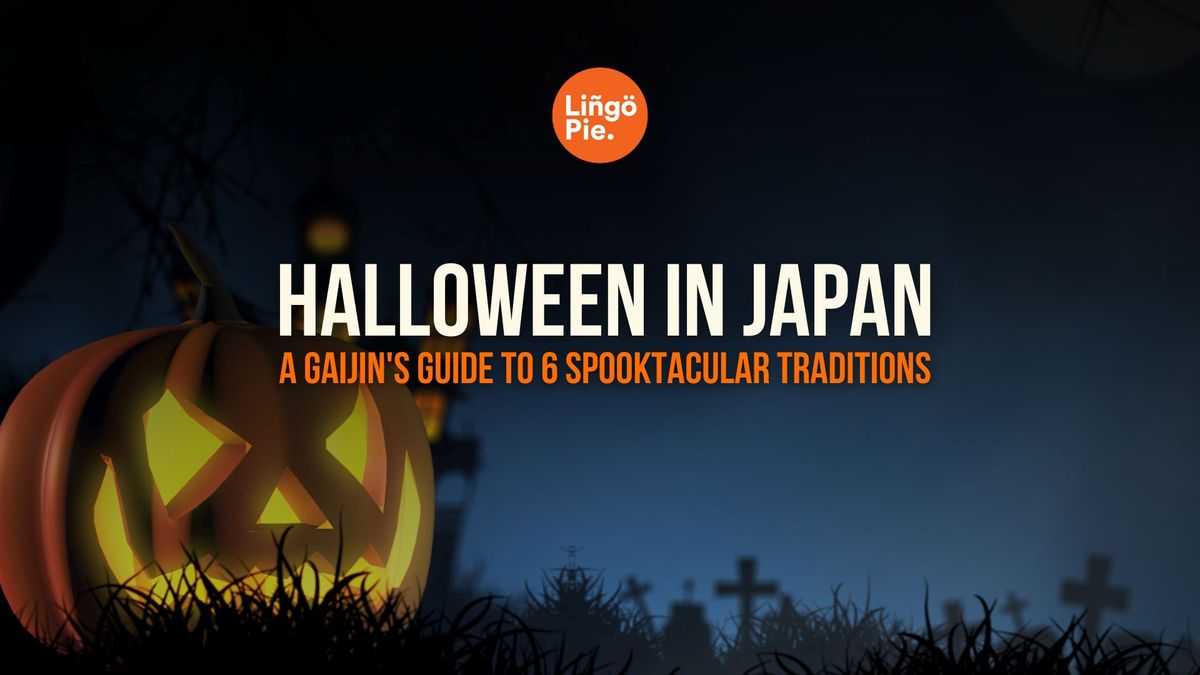If you've ever tried learning Dutch, you already know: resources are scarce. Unlike Spanish or French, where language apps and YouTube channels seem infinite, Dutch learners often find themselves scraping together whatever they can find.
The good news is that you don’t need a PhD-level course to get by. What you do need is a solid collection of everyday phrases that'll help you navigate real conversations.
In this post, I've rounded up over 40 Dutch phrases for daily life—the kind that'll actually come up when you're out in the world, not buried in a textbook. These are the phrases that make you sound less like a tourist fumbling through Google Translate and more like someone who's at least trying to fit in.
- Dutch Pronouns: A Complete Guide [2025]
- 6 Best Apps To Learn Dutch As A Total Beginner
- 6 Best Dutch Movies On Netflix For Learning Dutch Fast

Dutch Greetings
Dutch people are direct, but they're not rude. You won't get the drawn-out "How are you really doing?" small talk you might expect in other cultures. A simple "Hoi" or "Hallo" does the job, and if someone asks how you're doing, they're usually just being polite rather than inviting your life story.
That said, knowing when to use formal versus informal greetings matters. Use "U" (formal you) with older people, service workers you don't know, or in professional settings. With friends or people your age, "je" (informal you) is the way to go.
- Hoi – Hi
- Hallo – Hello
- Goedemorgen – Good morning
- Goedemiddag – Good afternoon
- Goedenavond – Good evening
- Hoe gaat het? – How are it going?
- Goed, dank je – Good, thank you
- Tot ziens – Goodbye
- Doei – Bye (casual)
- Dag – Bye (neutral)

Ordering In Dutch
The Dutch café and restaurant scene is relaxed, but service works differently than you might expect. Servers won't hover or check on you every five minutes—that's considered intrusive here. When you're ready to order, you'll need to flag someone down or catch their eye.
And if you're ordering coffee, know that a "koffie" gets you a small cup of black coffee. Want something bigger or with milk? You'll need to specify.
- Mag ik de menukaart? – Can I have the menu?
- Ik wil graag bestellen – I would like to order
- Een koffie, alstublieft – A coffee, please
- Heeft u vegetarische opties? – Do you have vegetarian options?
- Mag ik de rekening? – Can I have the bill?
- Is de fooi inbegrepen? – Is the tip included?
- Een biertje, alstublieft – A beer, please
- Nog een, alstublieft – Another one, please
- Mag ik water? – Can I have water?
- Dat was heerlijk – That was delicious
Shopping In Dutch
Dutch shops tend to close earlier than you'd think, especially outside major cities. Sundays? Forget it—most places are closed, except in tourist-heavy areas. When you're shopping, expect a no-nonsense approach from staff. They're helpful if you ask, but they won't follow you around offering assistance.
And here's a heads-up: many smaller shops don't take cards, or they have a minimum purchase amount for card payments. Cash still matters here, so keep some euros on hand.
- Hoeveel kost dit? – How much does this cost?
- Mag ik dit passen? – Can I try this on?
- Heeft u dit in een andere maat? – Do you have this in another size?
- Ik kijk alleen even – I'm just looking
- Waar is de kassa? – Where is the cash register?
- Kan ik pinnen? – Can I pay by card?
- Heeft u dit in een andere kleur? – Do you have this in another color?
- Mag ik een tasje? – Can I have a bag?
- Is dit in de aanbieding? – Is this on sale?
- Ik neem het – I'll take it

Directions In Dutch
Getting lost in a Dutch city isn't hard since the streets twist and turn, especially in older neighborhoods. The good news? Most Dutch people speak excellent English and will happily help you out if you're struggling. Still, knowing a few direction phrases in Dutch goes a long way.
- Waar is...? – Where is...?
- Hoe kom ik bij...? – How do I get to...?
- Is het ver lopen? – Is it far to walk?
- Kunt u mij helpen? – Can you help me?
- Links – Left
- Rechts – Right
- Rechtdoor – Straight ahead
- Bij de volgende straat – At the next street
- Kunt u het op de kaart aanwijzen? – Can you point it out on the map?
- Ik ben verdwaald – I'm lost
Emergency Dutch Phrases
Hopefully, you’ll never need these, but it's smart to have them ready. The general emergency number is 112, which connects you to police, ambulance, or fire services. Emergency responders widely understand English, so if you can’t remember Dutch, just speak clearly in English.
- Help! – Help!
- Bel de politie – Call the police
- Bel een ambulance – Call an ambulance
- Ik heb hulp nodig – I need help
- Er is een ongeluk – There's an accident
- Waar is het ziekenhuis? – Where is the hospital?
- Ik ben ziek – I'm sick
- Ik ben gewond – I'm injured
- Kunt u een dokter bellen? – Can you call a doctor?
- Stop! – Stop!

Other Important Dutch Phrases
These are the miscellaneous phrases that don't fit neatly into a category but still come up all the time. Whether you're making small talk, asking for help, or just trying to be polite, these will cover a lot of everyday situations.
- Alstublieft – Please (formal) / Here you go
- Dank je wel – Thank you (informal)
- Dank u wel – Thank you (formal)
- Graag gedaan – You're welcome
- Sorry – Sorry
- Pardon – Excuse me
- Ja – Yes
- Nee – No
- Misschien – Maybe
- Ik begrijp het niet – I don't understand
- Kunt u dat herhalen? – Can you repeat that?
- Spreekt u Engels? – Do you speak English?
- Ik spreek een beetje Nederlands – I speak a little Dutch
- Wat betekent dat? – What does that mean?
- Tot later – See you later
Over To You
These 40+ phrases will get you through most everyday situations in the Netherlands. The beauty of Dutch is that people genuinely appreciate when you make an effort, even if you stumble over the pronunciation.
If you want to keep building your Dutch beyond these basics, Lingopie is worth checking out. It teaches through real TV shows and movies, so you're picking up phrases in actual context rather than drilling flashcards. Curious? Click below to try it out!
FAQ
Is Dutch hard to learn?
It depends on what languages you already know. If you speak English or German, Dutch will feel somewhat familiar—there's overlap in vocabulary and sentence structure. The pronunciation can be tricky (that guttural "g" takes practice), but the grammar is more straightforward than German. Overall, it's considered moderately difficult for English speakers.
Can I get by with just English in the Netherlands?
Yes, especially in cities like Amsterdam, Rotterdam, and Utrecht. Most Dutch people speak excellent English and will switch to it if they sense you're struggling. That said, learning basic Dutch phrases shows respect and makes daily interactions smoother, particularly outside tourist areas.
What's the difference between "alstublieft" and "alsjeblieft"?
"Alstublieft" is formal (used with strangers, older people, or in professional settings), while "alsjeblieft" is informal (used with friends, family, or people your age). Both mean "please" or "here you go," depending on context.
Do Dutch people mind if I speak English?
Not at all. Most Dutch people are happy to speak English and won't judge you for it. However, starting a conversation in Dutch—even just a "Hallo" or "Spreekt u Engels?"—is polite and appreciated.
How do I pronounce the Dutch "g"?
The Dutch "g" is guttural, like you're clearing your throat. It's one of the hardest sounds for non-native speakers. Don't stress about perfecting it right away—people will understand you even if it's not quite right.
What's the best way to practice Dutch if I'm not in the Netherlands?
Watch Dutch TV shows or movies (Lingopie is great for this), listen to Dutch podcasts, or find language exchange partners online. Immersing yourself in real spoken Dutch beats textbook study every time.







![5 Dutch Translation Apps You Need To Install [RANKED]](/blog/content/images/size/w300/2026/01/Best-dutch-translation-apps.png)

![How To Say Happy New Year In Dutch [Plus 10+ Useful Words]](/blog/content/images/size/w300/2025/12/how-to-say-happy-new-year-In-dutch.jpeg)